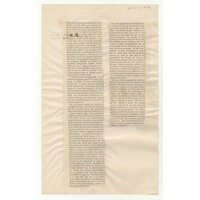Untitled
Metadata
Untitled
Publications & Reports
Bleek proposes ways for accommodating South Africa's pluralistic society, both overall and intra-demographically (among colonists). He suggests rudimentary education taught in Dutch for the predominantly Dutch-speaking agricultural population (extra-urban farmers) geographically isolated on sparsely-spaced homesteads or settlements across the vast territorial expanse without railway lines (beyond Wynberg [1864] and Wellington [1863]) penetrating beyond the Cape Fold Belt to reach educational facilities in metropolitan centres. He argues that the Dutch-speaking population must learn in their home language even at government-subsidised schools, which will benefit us all by eradicating ignorance and growing intellectual capital. To harness the agricultural population's full potential, educational grant restrictions should be relaxed to allow Dutch as a primary medium of instruction. Agreeing with William Porter, voluntary education is insufficient for speedy cognitive mobilisation (an anachronism). Linguistic imperialism is an illiberal monopoly and does not foster peaceful coexistence. The legislature will likely remove this despotic policy clause soon. Dr Langham Dale, the Cape's Superintendant of Education, would need an assistant fluent in Dutch to help him assess the efficiency of Dutch-language schools.
Printed newsprint glued on paper
12/04/1866
Two cut out columns of newsprint text, positioned vertically parallel, pasted onto a plus-sized A4 unlined sheet with visible warping. No title was subsequently handwritten onto the mount/paper backing. The Het Volksblad header and date are not included in this cutting and "April 12[,] 1866" has been handwritten in pencil on the mount.


Contributions